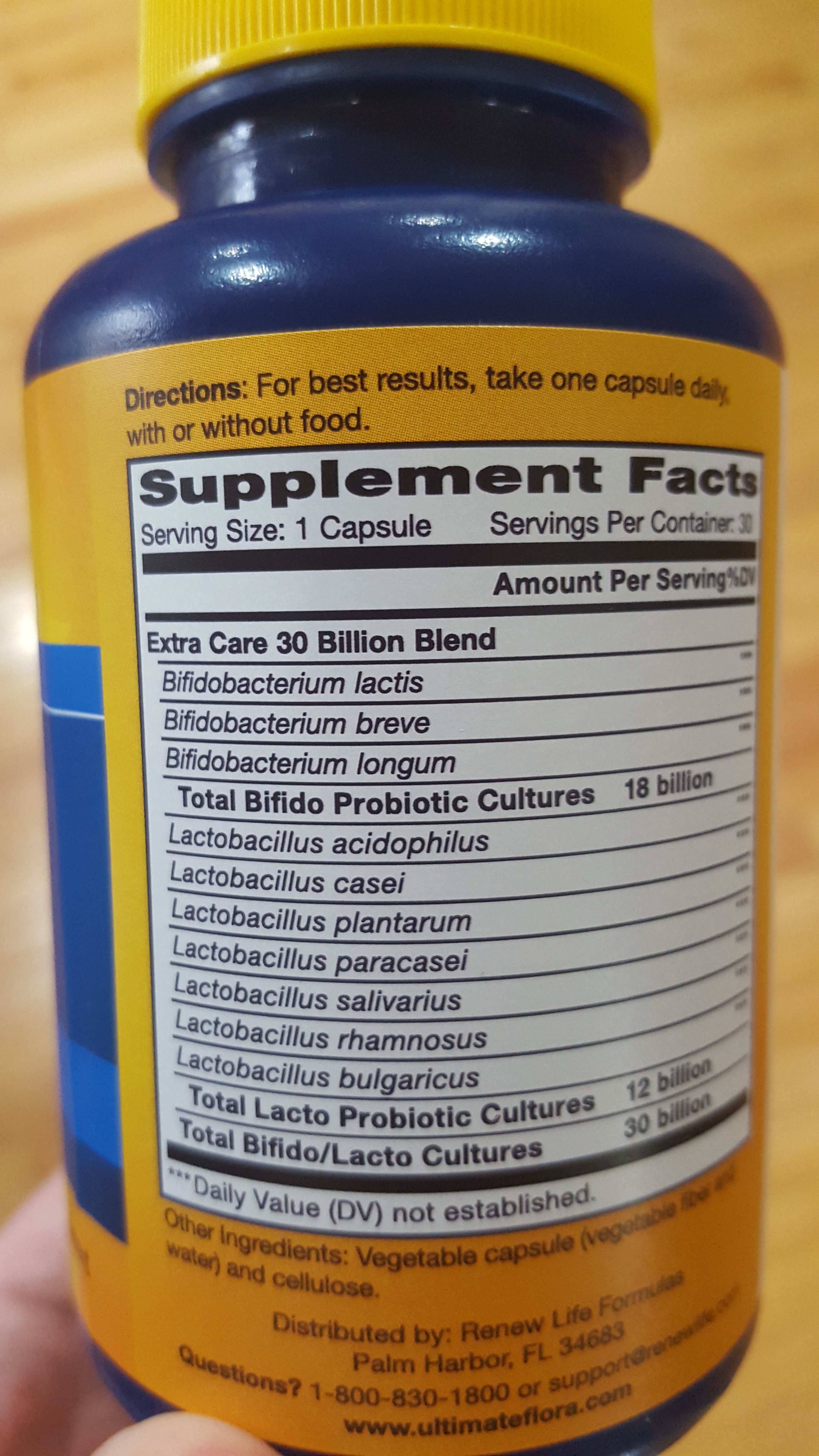hopbrad
Well-Known Member
I am looking for a controlled sour mash method. I am in the US at the moment and want to take down some bacterias to start making some kettle soured beers. Other than the live cultures, are there any other easy options for this? Dry preferably, like Probiotic pills, or are there any dry yogurt cultures that may work that would be light and easy to pack in a suitcase?
I've also read people throwing in greek yogurt? which I can get down there
I've also read people throwing in greek yogurt? which I can get down there
































![Craft A Brew - Safale BE-256 Yeast - Fermentis - Belgian Ale Dry Yeast - For Belgian & Strong Ales - Ingredients for Home Brewing - Beer Making Supplies - [3 Pack]](https://m.media-amazon.com/images/I/51bcKEwQmWL._SL500_.jpg)







